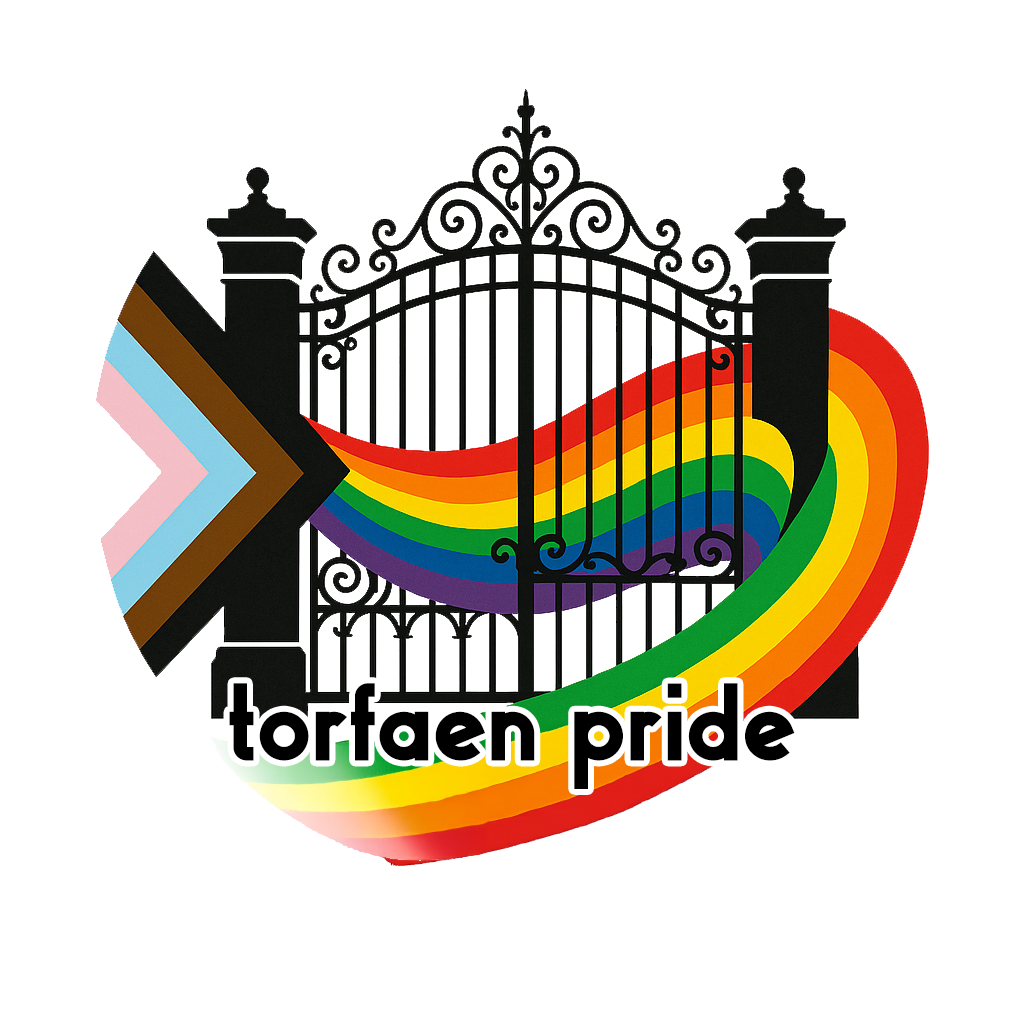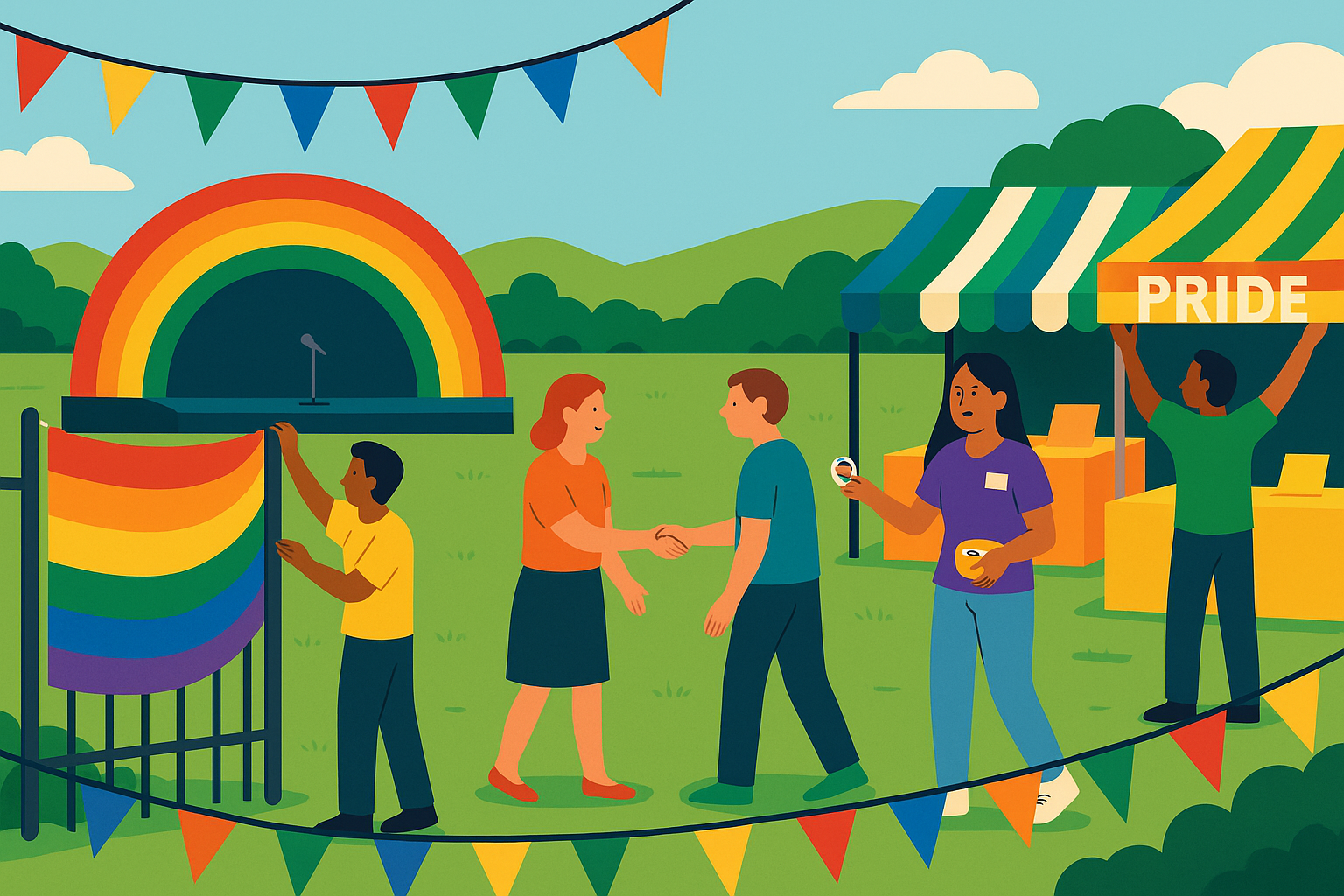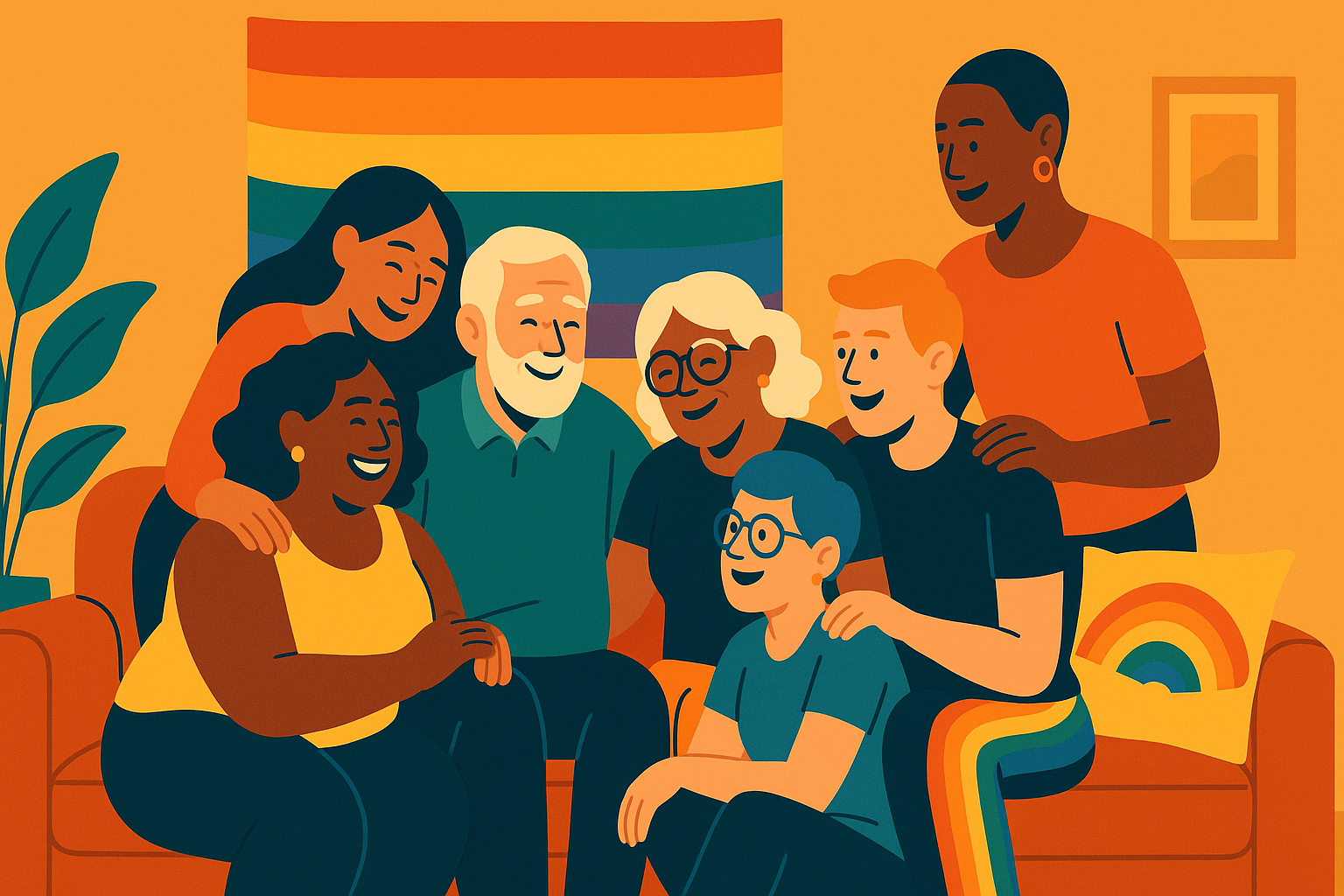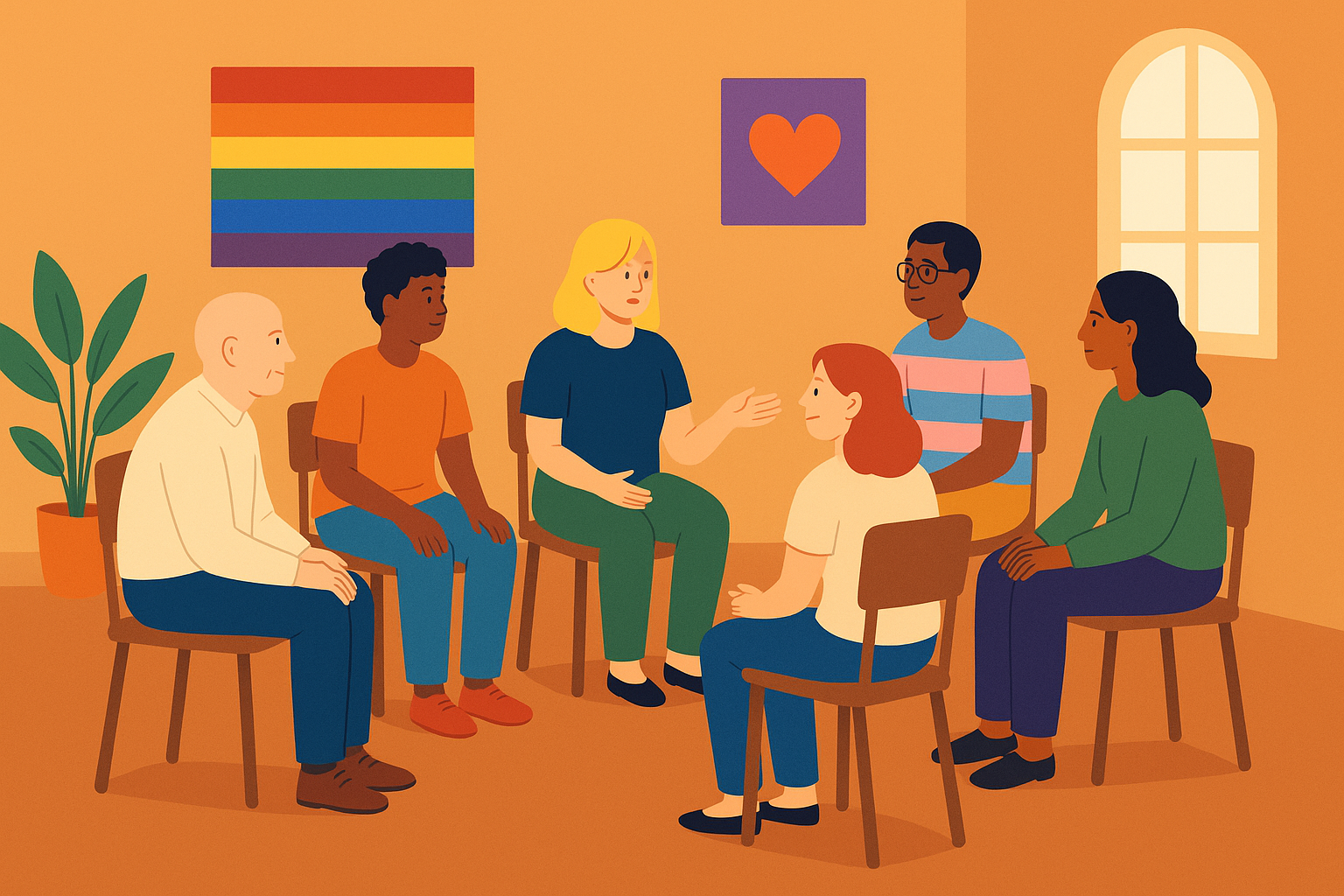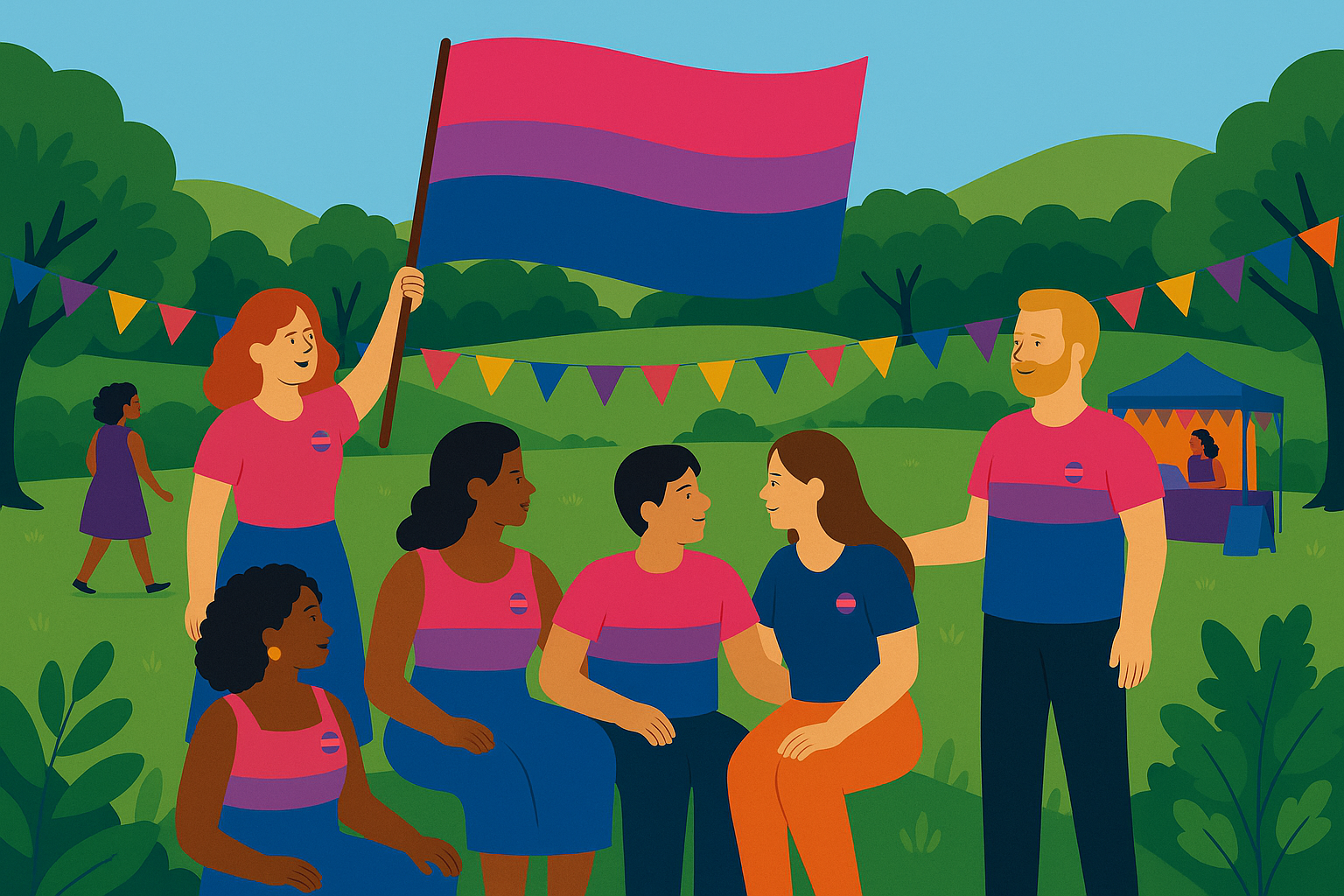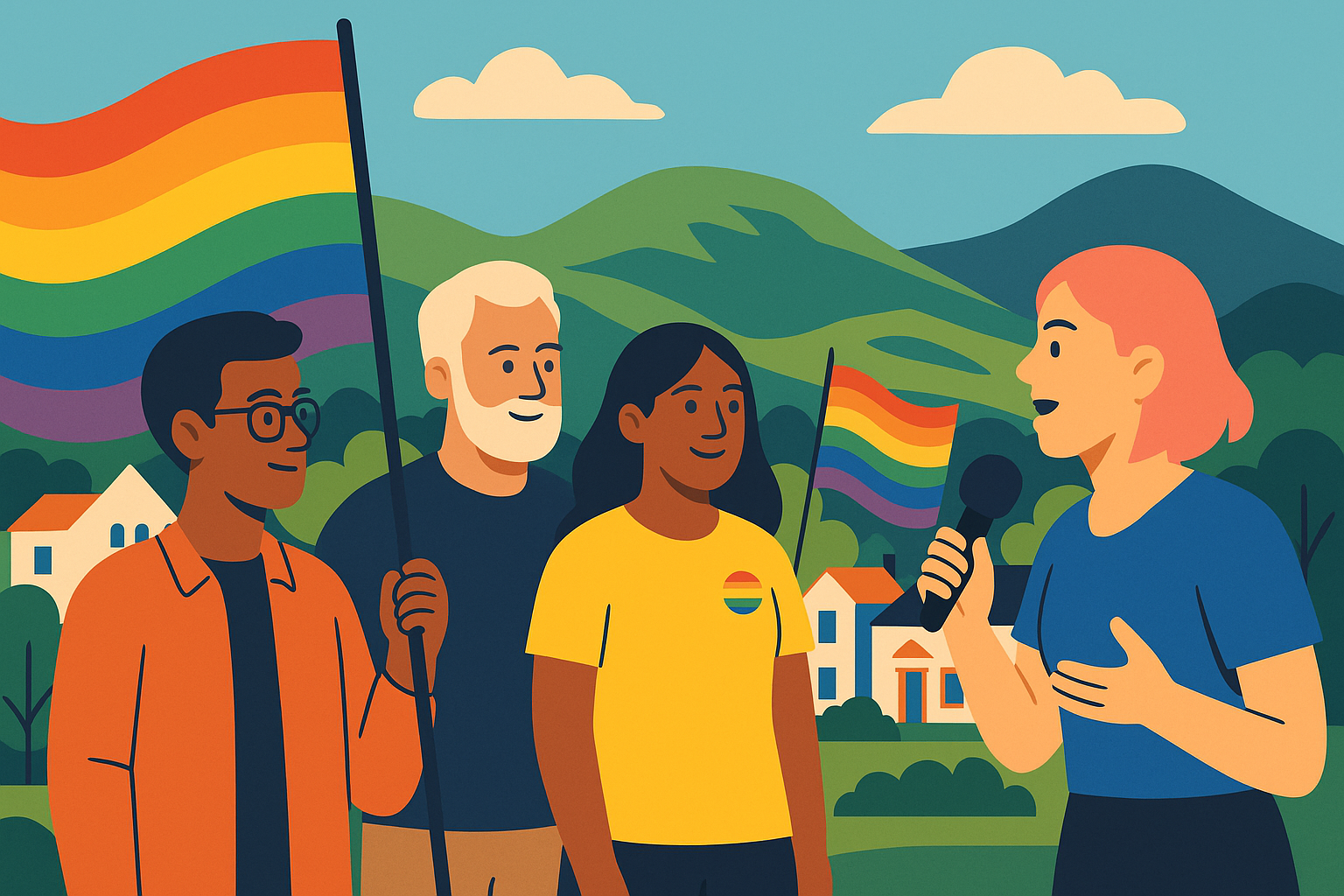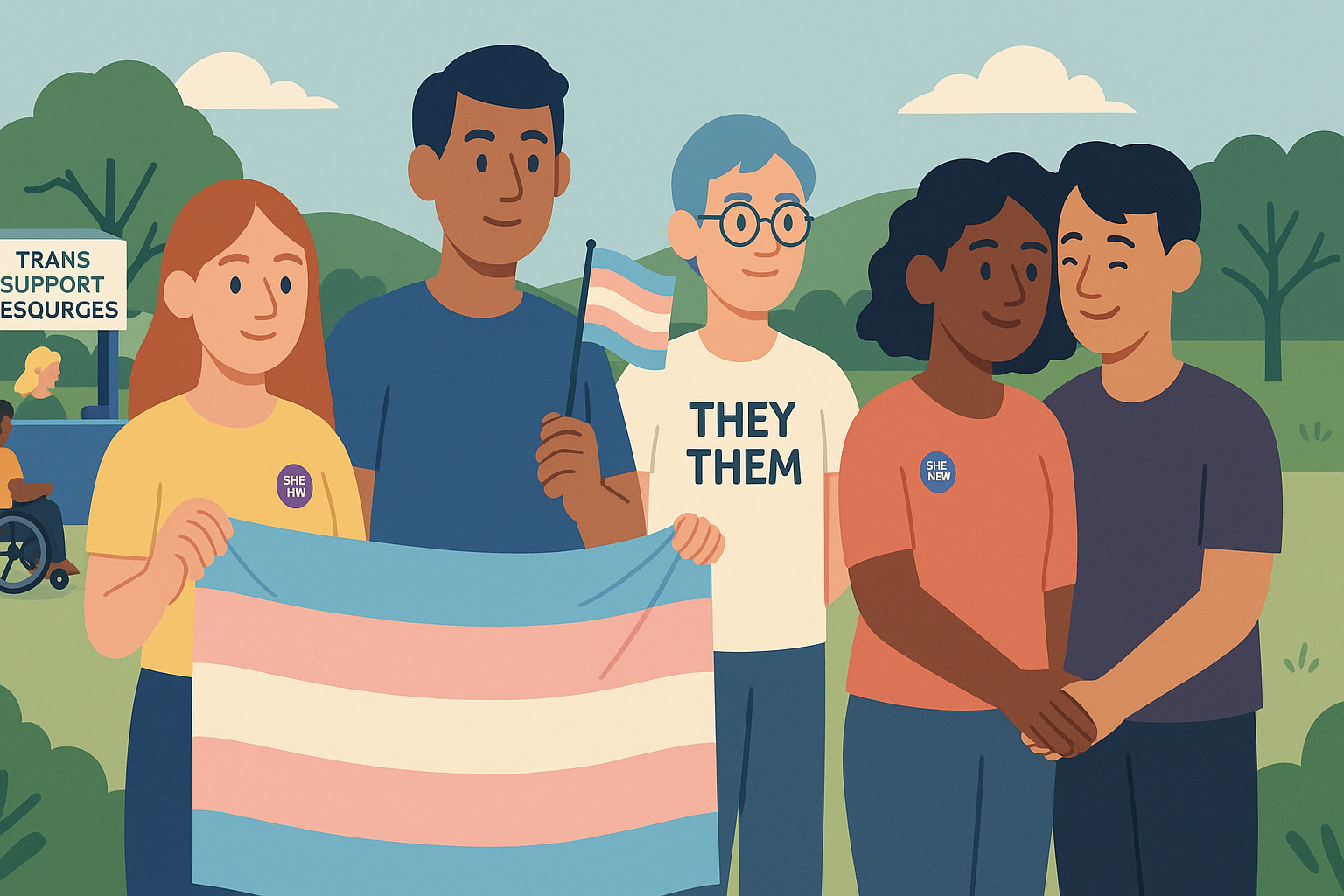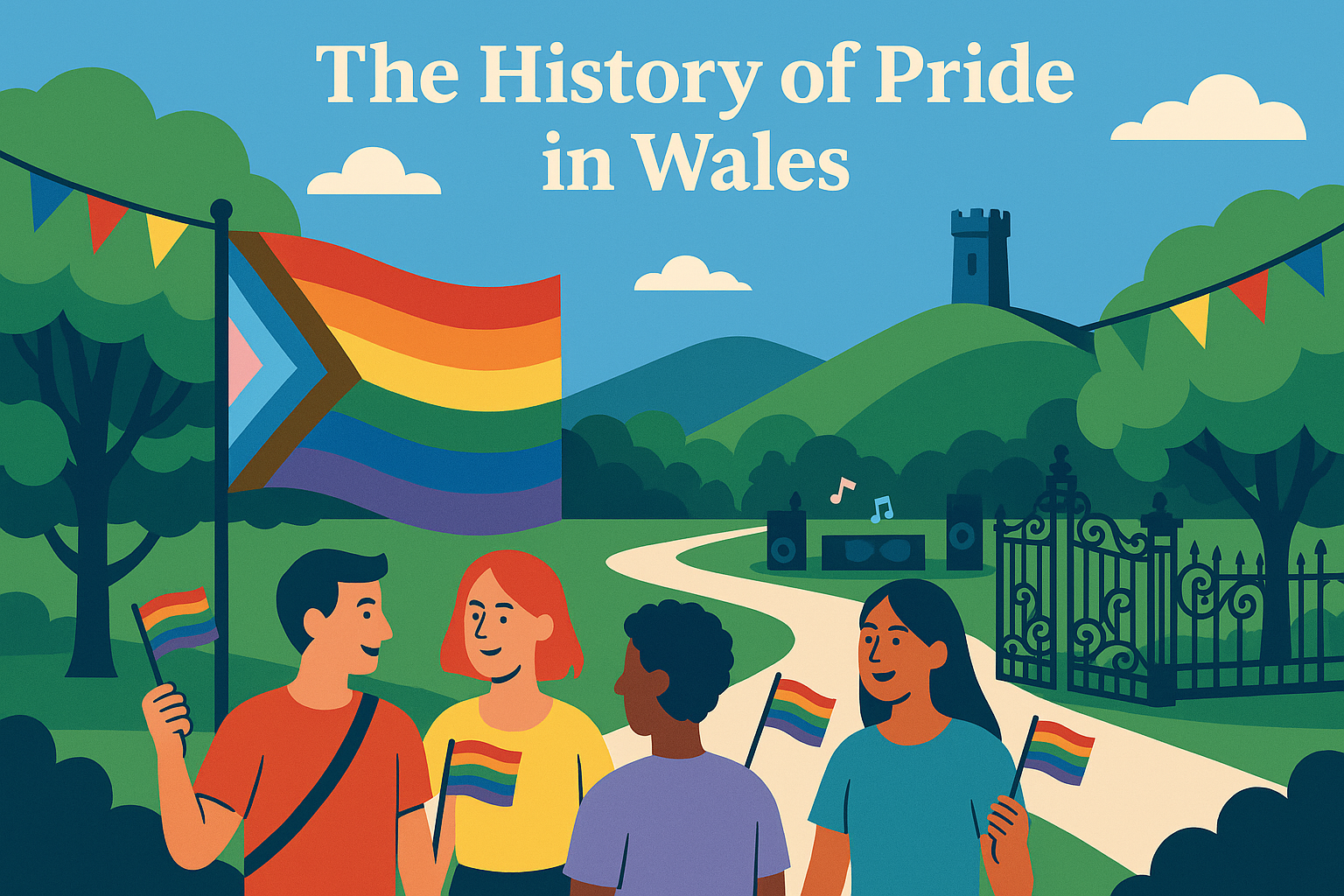Inclusive Language: Why It Matters
Inclusive Language: Why It Matters
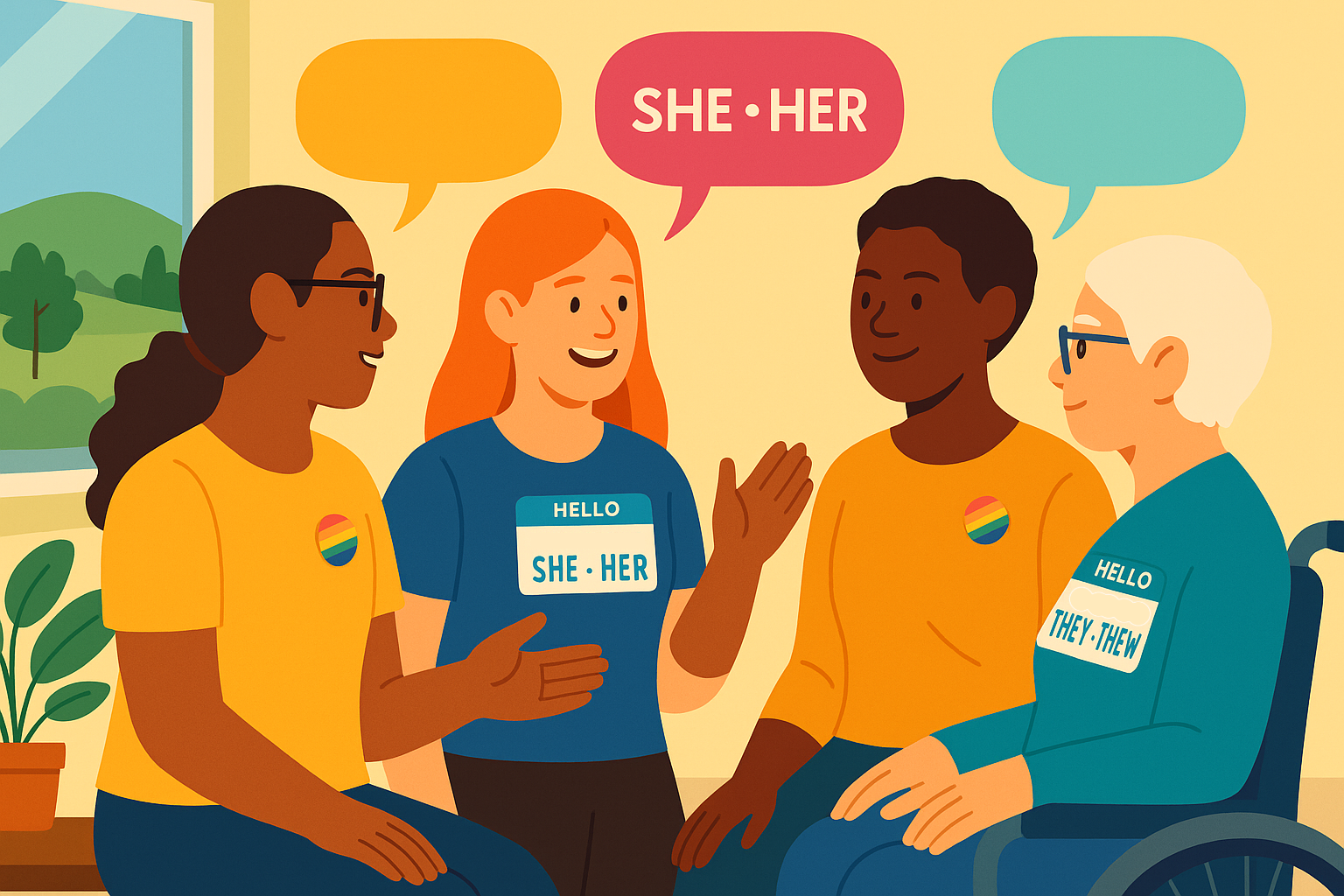
Language has power. It shapes how we see the world and how the world sees us. For the LGBT+ community, inclusive language isn't just about being polite—it's about being recognised, respected, and safe. From everyday conversations to media headlines, the words we choose can affirm someone’s identity or erase it. And in 2025, with increased awareness of gender and sexual diversity, there's no excuse not to get it right.
This post explores why inclusive language matters in LGBT+ contexts, how we can all do better, and how organisations like Torfaen Pride and Club F.O.D Cymru incorporate inclusive practices into their community work in Wales.
What Is Inclusive Language?
Inclusive language refers to words and phrases that respect and affirm all identities. In the LGBT+ context, that means avoiding assumptions about someone’s gender, sexual orientation, family structure, or lived experience. It means using terms that are accurate, empowering, and free from bias.
For example:
- Saying “partner” instead of assuming “husband” or “wife”
- Asking for someone’s pronouns rather than assuming them
- Recognising that not all families look the same—and neither do all bodies, genders, or relationships
It’s a simple way of ensuring our communication reflects the real diversity of the people around us.
Why Does Language Matter to LGBT+ People?
For many LGBT+ people, language has historically been used to marginalise, stereotype, or dehumanise. Slurs, misgendering, and casual erasure can have lasting impacts on someone’s mental health and sense of belonging.
On the other hand, affirming language can:
- Build trust in healthcare, education, and community settings
- Foster inclusion in workplaces and public spaces
- Reduce harm by avoiding microaggressions or miscommunication
- Signal safety—especially for trans and non-binary individuals
Even small changes—like putting pronouns in your email signature or asking for someone’s name before making assumptions—can make a big difference.
According to guidance from Stonewall UK on why inclusive language matters, affirming someone’s identity through language can reduce discrimination and build trust.
Everyday Examples of Inclusive Language
Here are some practical, real-world swaps and tips:
- Instead of “Ladies and gentlemen” Try “Everyone” or “Folks”
- Instead of “Mum and dad” Try “Parents” or “Guardians”
- Instead of “He/she” Try “They” (if pronouns unknown)
- Instead of “Transgenders” (incorrect) Try “Trans people” or “Trans community”
- Instead of “That’s so gay” (slur) Avoid entirely—unacceptable
Bonus Tip:
If you make a mistake, acknowledge it, correct it, and move on without over-apologising. Learning is a journey.
The Role of Torfaen Pride and Club F.O.D Cymru
Both Torfaen Pride and Club F.O.D Cymru prioritise inclusive language in their community engagement and public communications. Whether it's signage, workshop materials, or event announcements, care is taken to use terms that reflect the lived experiences of LGBT+ people across Wales.
At Torfaen Pride 2025, for instance, inclusivity wasn’t just about who was invited—it was built into everything from stage announcements to social media captions. Similarly, Club F.O.D Cymru runs outreach initiatives that offer non-judgmental, welcoming spaces for individuals who may be navigating complex intersections of identity.
These organisations help model how language can be a tool for empowerment rather than exclusion.
How Institutions Can Lead by Example
Organisations—especially councils, schools, and healthcare providers—have a duty to use language responsibly. That includes:
- Updating forms to include non-binary and other gender options
- Using inclusive job titles and policies
- Avoiding heteronormative assumptions in communications
- Ensuring accessibility for those with intersectional identities (e.g. LGBT+ disabled people)
The Public Sector Equality Duty in Wales already demands fairness across protected characteristics, but going beyond compliance to genuine inclusivity is where true progress lies.
Wales and the Shift Towards Inclusive Communication
Wales has increasingly taken a progressive stance on LGBT+ inclusion, and language is a key part of that progress. From Welsh Government resources to local initiatives, there’s a growing effort to ensure that everyone feels seen and heard—regardless of their gender identity or sexuality.
Welsh Pride events—including Torfaen Pride—are not just about celebration, but education. Every banner, every speaker, every volunteer briefing is an opportunity to use language that uplifts rather than excludes.
How You Can Be Part of the Change
You don’t need to be an expert in queer theory to use inclusive language. You just need to be willing to listen, learn, and adapt. Here’s how you can get started:
- Ask people for their pronouns and respect them
- Avoid making assumptions based on appearance or name
- Stay open to feedback if someone corrects your language
- Use inclusive language in your workplace or community roles
- Support organisations like Torfaen Pride and Club F.O.D Cymru who model best practice
Final Thoughts
Inclusive language isn't about being "politically correct"—it’s about treating people with basic dignity and respect. For LGBT+ people, the words we hear and the ones used about us can be the difference between feeling seen or feeling invisible.
As Torfaen Pride and Club F.O.D Cymru continue their vital work across Wales, let’s each play our part in creating spaces—online and offline—where everyone can thrive.
Because words matter. And when they’re inclusive, they make the world better for all of us.
